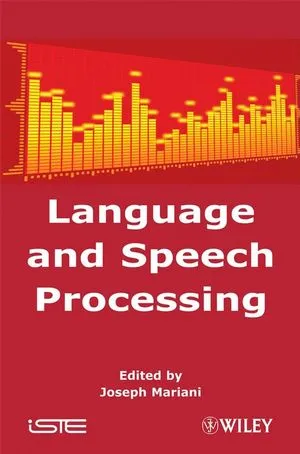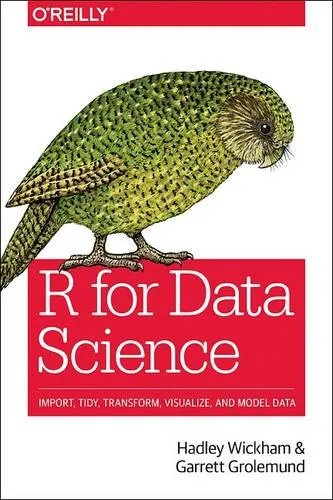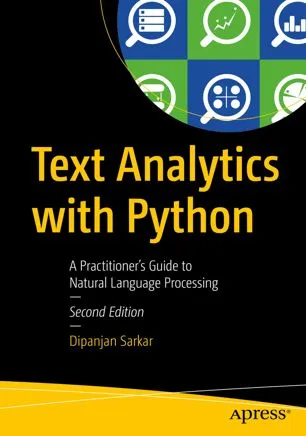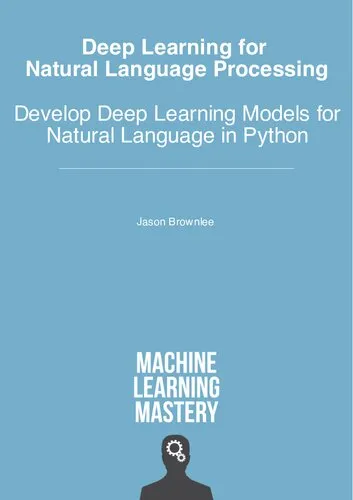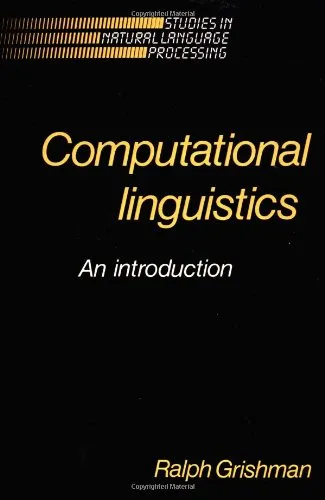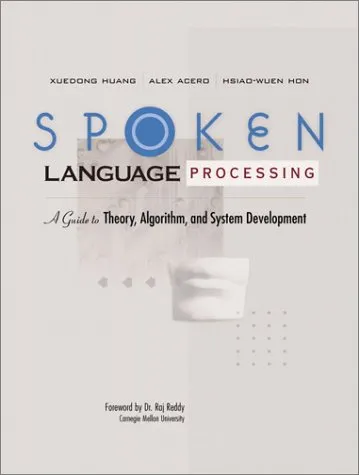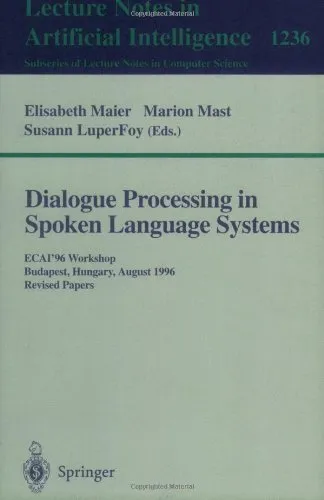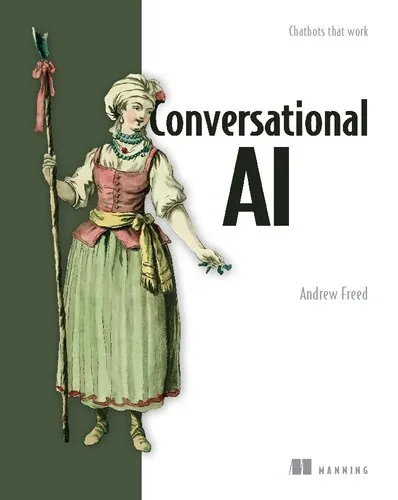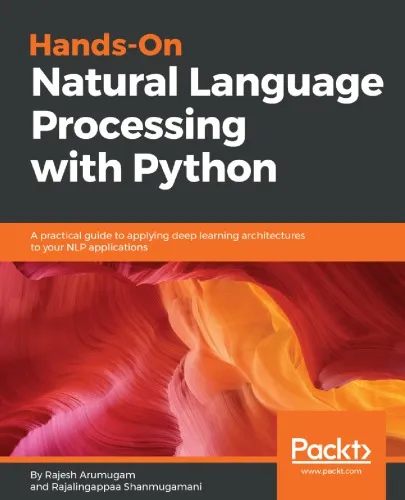Spoken Language Processing
4.5
Reviews from our users

You Can Ask your questions from this book's AI after Login
Each download or ask from book AI costs 2 points. To earn more free points, please visit the Points Guide Page and complete some valuable actions.Related Refrences:
Introduction to 'Spoken Language Processing'
"Spoken Language Processing" is a seminal work that unravels the complex field of human-machine interaction through the lens of spoken communication. This book serves as both a foundational text and a practical guide, navigating the intricate technologies, techniques, and theoretical frameworks that drive advancements in speech recognition, natural language processing, and dialogue systems. Whether you're delving into the field as a researcher, practitioner, or enthusiast, this book provides a comprehensive roadmap to understanding the art and science of how machines process and interpret spoken language.
With the rapid evolution of artificial intelligence and its pervasive impact on our daily lives, "Spoken Language Processing" addresses the growing need for accessible, intelligent systems capable of understanding and reproducing human-like communication. Written with academic rigor yet tailored for a wide audience, the book seamlessly bridges gaps between theory and practice, academia and industry, and technology and human interaction. Its detailed explanations, real-world case studies, and actionable insights equip readers to explore everything from speech synthesis to conversational agents.
Detailed Summary of the Book
A Comprehensive Journey Through Speech Technologies
"Spoken Language Processing" is divided into chapters that cover the essential components of processing spoken language. Starting with an introduction to the fundamentals of speech production and acoustics, the book explores critical areas such as phonetics, speech signal processing, and acoustic modeling. A significant portion of the text is devoted to automatic speech recognition (ASR), decoding techniques, and language modeling, delving into both traditional methods and cutting-edge advancements like neural networks and deep learning.
The book also emphasizes speech synthesis, examining both rule-based and corpus-based approaches to text-to-speech systems. Topics like dialogue systems, natural language understanding, and emotion recognition in speech are given special attention, reflecting their growing importance in modern-day AI applications. To provide a well-rounded perspective, chapters include discussions on human-centric issues such as speaker variability, accent adaptation, and ethical considerations in deploying spoken language systems.
Key Takeaways
- Deep understanding of how human speech is produced, analyzed, and interpreted by machines.
- Foundational concepts and advanced methodologies in speech recognition, synthesis, and modeling.
- Exploration of natural language processing techniques tailored to spoken data.
- Insights into dialogue design, conversational AI, and human-computer interaction.
- Practical guidance for building robust, scalable, and adaptive systems.
- Ethical considerations and the future of spoken language technologies.
Famous Quotes from the Book
"Speech is not just sound; it's an intricate dance of cognition, emotion, and intent."
"Understanding spoken language is not solely a computational challenge; it is a window into human thought and communication."
"The ultimate goal of spoken language processing is not to mimic humans, but to enhance human capability."
Why This Book Matters
Empowering the Future of Communication
In a world where voice-controlled systems, virtual assistants, and conversational agents are becoming ubiquitous, understanding the principles of spoken language processing is not just a specialty skill—it's a necessity. This book matters because it demystifies the technological, linguistic, and cognitive aspects of speech processing, thereby helping researchers, developers, and technologists push the boundaries of what these systems can achieve.
The book is not only an academic resource but also a tool for innovation. By providing concrete examples, practical exercises, and real-world applications, it empowers readers to create systems that are more inclusive, adaptable, and capable of bridging linguistic and cultural divides. The emphasis on ethical considerations ensures that advancements in this field are guided by principles of fairness, inclusivity, and respect for human diversity.
Whether you're developing a voice-controlled smart home device or designing a multilingual chatbot for customer service, "Spoken Language Processing" equips you with the knowledge and skills to succeed in this rapidly evolving landscape.
Free Direct Download
You Can Download this book after Login
Accessing books through legal platforms and public libraries not only supports the rights of authors and publishers but also contributes to the sustainability of reading culture. Before downloading, please take a moment to consider these options.
Find this book on other platforms:
WorldCat helps you find books in libraries worldwide.
See ratings, reviews, and discussions on Goodreads.
Find and buy rare or used books on AbeBooks.
1265
بازدید4.5
امتیاز0
نظر98%
رضایتReviews:
4.5
Based on 0 users review
Questions & Answers
Ask questions about this book or help others by answering
No questions yet. Be the first to ask!
